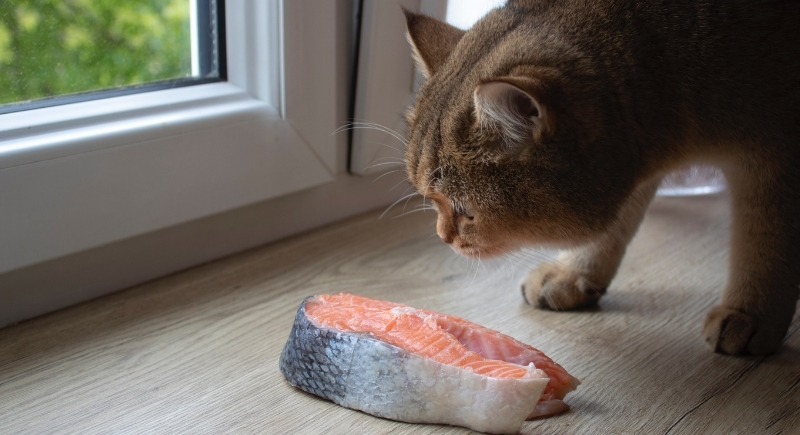Competitive Cat Speed-Eating Is a Real Thing in Thailand
In October 2025, a packed exhibition hall in Bangkok filled with chatter and laughter as a mixed-breed cat crouched on a table, eyes fixed on a pouch of salmon. The timer began, and in less than 50 seconds, the cat devoured 15 grams—roughly a tablespoon—of fish to win first place. His name was Kimmon, the unexpected champion of Thailand’s strangest new pastime: cat speed-eating.
Far from a one-time gimmick, the event was part of a growing circuit of quirky pet competitions across the country. Crowds now gather to cheer on skateboarding dogs, cow-patterned cats, and even lizards that sprint toward their handlers at the sound of playful encouragement. Each contest proves that Thailand’s love for animals has found both playful and unpredictable new forms.
A Culture That Blends Fun With Business
Inside the two-acre hall, owners lined up their cats and dogs while an announcer reminded the crowd not to pressure the animals. “Let them be normal,” he said, as if the word applied to a cat chasing championship glory. Kimmon, part Scottish Fold and part Thai stray, seemed to understand the assignment. His owner, Chutiwan Kusoljittakorn, a pet content creator, squeezed out a salmon treat while he went to work. The event, known locally as “cat-licking,” is one of many playful competitions drawing attention in Thailand. It has quickly become a favorite, showing the country’s growing fascination with pets as companions and celebrities.
Kimmon’s eating streak isn’t new. Over the past year, he has placed in the top three of five contests and earned applause, treats, and a $60 cash prize with his latest win. His vet has advised trimming his 15-pound frame, though he reportedly cries when portions shrink. Chutiwan’s other cat, Dinogong, a mix of Sphynx and Thai stray, also impressed the judges, taking second place in his first competition. For her, the joy lies in the experience rather than the trophies. She often jokes that she spends more on clothes for her nine rescued pets than on herself and proudly dresses them in Victorian hats and pink tutus.
The Thailand International Pet Variety Exhibition, where Kimmon competed, drew hundreds of animals over four days, including 187 dogs and 236 cats. The show featured everything from raccoons and skunks to Labradors in unicorn sweaters, all rolled around in strollers. Vendors sold “innovative pet beds” and pilot outfits for dogs while organizers introduced new spectacles such as monitor lizard races.
Why It’s Popping Off in Thailand
Thailand’s pet economy is thriving. The government expects the industry to reach nearly $1.8 billion next year, fueled by singles, couples without children, and retirees who are filling their homes and hearts with animals. These owners, who proudly call themselves “mommy” and “daddy,” splurge on stylish pet clothes, gourmet food, and even spa treatments. The trend has turned pets into family members and, in many cases, online stars. So when a cat scarfing salmon faster than a stopwatch clicks appears on stage, it fits neatly into a culture that celebrates pets with enthusiasm and humor.
Behind the humor, these contests hint at a social shift. Thailand’s declining birth rate and aging population have reshaped how people find companionship. Pets are now the center of attention, pampered like children and featured in content that goes viral within hours. The speed-eating contests and costume parades might seem over the top, but they show how the bond between humans and animals has evolved into something uniquely expressive and deeply affectionate.
Should We Raise an Eyebrow or a Toast?

Image via Canva/Aliaksandr Yarmashchuk
It’s easy to laugh at the absurdity of a cat eating salmon competitively, but these contests raise real questions about how far we go in humanizing animals. Thailand has animal welfare laws in place, yet enforcement varies across events. Still, many owners insist their pets enjoy the spotlight, and perhaps that’s part of the charm.
Watching Kimmon devour salmon in record time might seem like harmless fun, but it also reflects a playful, affectionate, and sometimes extravagant love that defines modern pet culture. Somewhere in Bangkok, a timer ticks as another cat prepares to eat for glory. Perhaps it’s not just about the food anymore, but about connection, community, and the curious ways people celebrate the animals they love.